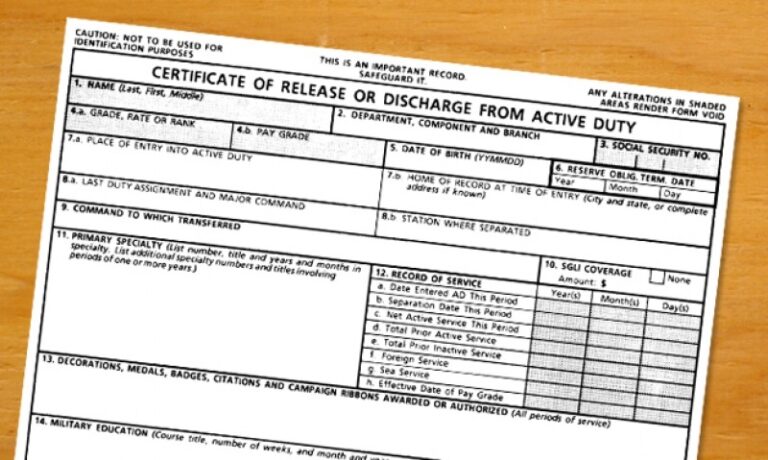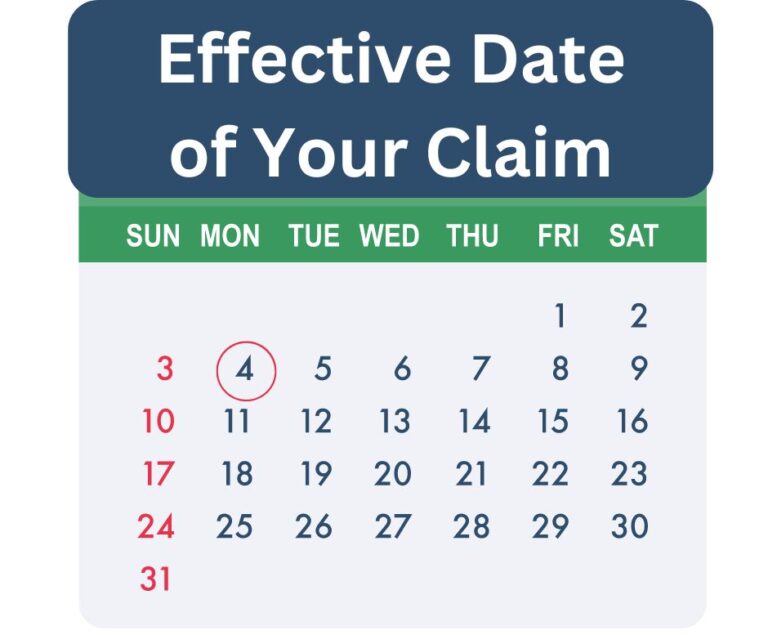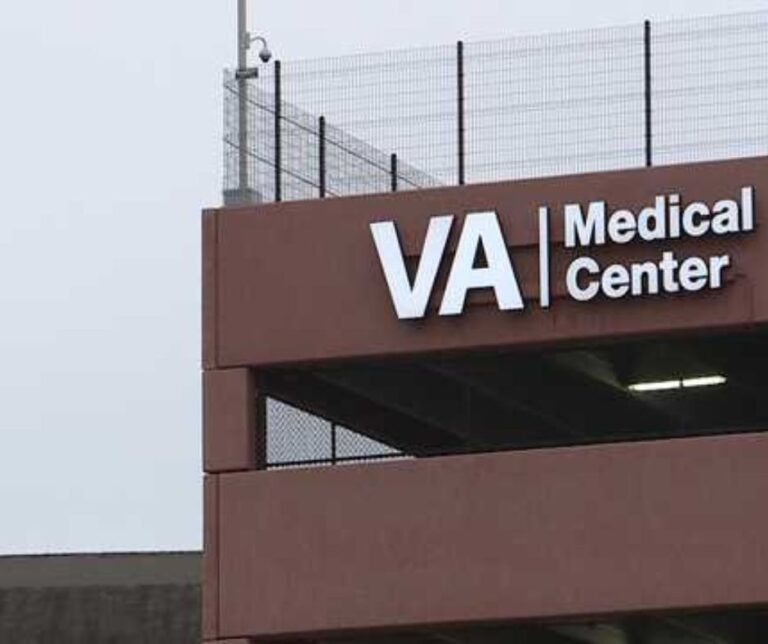What Is A Current Diagnosis?
There are three main requirements which must be satisfied in order for a claim to be successful, including a current diagnosis. They are:
- Competent evidence of a current disability (current diagnosis).
- Medical evidence (in certain circumstances lay evidence will suffice) of a disease or injury occurring in service, or being made worse by service.
- Competent evidence of a nexus, or link, between the current diagnosis and the incident in service. This is where you will hear about the ‘nexus letter’. We will address nexus letters in a later post.
What Is Current?
Current means current, as in currently occurring, as in occurring now.
The first thing needed for a successful disability claim is a current diagnosis. This simply means that the Veteran has an illness or injury at the time that they file a claim. The Veteran must be able to furnish competent evidence (usually a Medical opinion) that they have a condition. Just because a Veteran had an injury or illness while in service does not mean they are eligible. Many Veterans experienced an injury while in service. However, they suffered no further problems with that injury. Therefore, that injury does not entitle them to compensation because they do not have a current condition stemming from it. Exposure to Agent Orange in Vietnam is not enough to qualify a Veteran for compensation either. They must show evidence of a current condition to file a disability claim.
It is important to realize that there must be more evidence other than the Veteran telling a VSO that they are continuing to hurt. This is because a VSO is not a Doctor and is in no position to make any recommendations or provide evidence on behalf of the Veteran. Most of the time the evidence should come from a Doctor as a diagnosis of some disability or condition.
What Type of Evidence Is Sufficient?
The Veteran doesn’t always have to be the one sending in all of the evidence. In some cases, the Veteran may send lay witness statements. Sometimes these statements may come from themselves. However, others who saw them and the symptoms they had can write statements. These statements may be enough to trigger the VA with its ‘Duty to Assist’. Then the VA can arrange a free medical examination.
In general, competent evidence means “evidence by a person who is qualified. This may be through education, training, or experience to offer medical diagnoses, statements, or opinions. Competent medical evidence may also mean statements giving sound medical principles found in medical treatises. It would also include statements contained in authoritative writings such as medical and scientific articles and research reports or analyses.” (38 CFR § 3.159 – Department of Veterans Affairs Assistance in Developing Claims. n.d.). This means most often that the determination of a current disability needs to be made by a medical professional. That is why included in the VA’s Duty to Assist is the ability of the VA to make medical examinations available for free.
If the VA Will Schedule A Medical Examination, Why Should I Get A Diagnosis?
There are three good reasons for a Veteran to obtain a medical statement of their current disability. First, your Doctor will have a more complete medical history. Therefore they will understand your condition better. Hence, your doctor may be able to include information in the notes that a quick one-time examination by a third party examiner might miss.
Second, the VA may decide not to schedule an examination. If the rater decides that there is no reasonable` way an examination could prove the claim, they have the right to not schedule one. If you submit medical evidence of your disability with the claim, it might avoid this and at the least trigger the need for the third party examination.
Thirdly, you will be dealing with an unknown person when you go in for the examination, should one be scheduled. The examiner will not have the benefit of knowing your entire history like a personal doctor would. Medical examinations are sometimes as much conjecture as fact, and the doctor may misdiagnose your condition, or may wrongly conclude that you do not suffer from any disability currently.
So, you can see the importance of a current, competent diagnosis. Spend the extra time and effort to get a current diagnosis of any condition that you want to file a claim for, and it will only benefit you in the long term.
As always, let us know if you have any questions. God Bless.
from NWAVet
38 CFR § 3.159 – Department of Veterans Affairs Assistance in Developing Claims. Legal Information Institute. n.d. https://www.law.cornell.edu/cfr/text/38/3.159 (accessed February 23, 2021).







